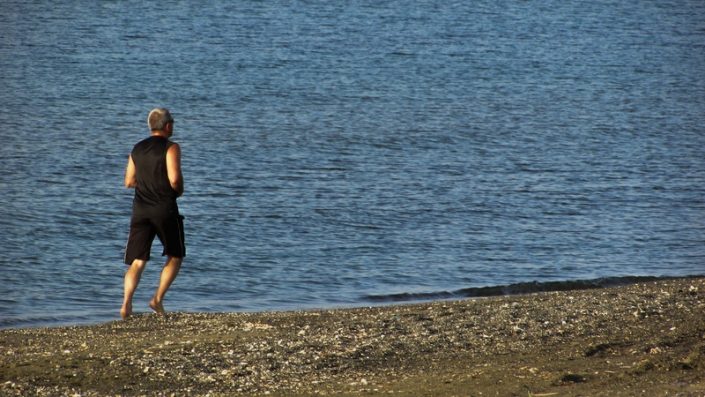Physical activity and extra protein could help older adults live longer

As summer approaches, older adults may shy away from physical activity due to rising temperatures. However, Texas A&M University faculty-researcher Nicolaas Deutz says it is important for older adults to continue exercise to maintain muscle mass and appetite — the keys to increased longevity.
Deutz, director of the Center for Translational Research in Aging and Longevity, says a decrease in activity can lead to reduced appetite and muscle loss. The appetite loss can cause some protein deficiency, leading to harmful effects like increased risk of disease or death in older adults.
“When people are not active they usually start eating less because the body does not need as many calories. But by reducing what people eat they actually reduce not only the calories, they reduce protein intake,” said Deutz, who is a professor in the Department of Health and Kinesiology, College of Education and Human Development.
Deutz’s recent research found that giving previously hospitalized malnourished older adults a protein/β-Hydroxy β-Methylbutyrate (HMB) supplement reduced mortality by 50 percent.
“Older adults need not only the normal amount of protein, but they actually need even more protein,” Deutz said.
He recommends dairy products like nonfat plain Greek yogurt, which is easy to eat and contains a substantial amount of protein.
Deutz said older adults must also engage in regular physical activity to improve and maintain their muscle health to improve their longevity.
“When older individuals lose muscle mass and strength they usually become home-bound. They don’t go out, they have less of a social life, they will maybe be less hungry and less active, and that is a spiral into the wrong direction,” Deutz said.

